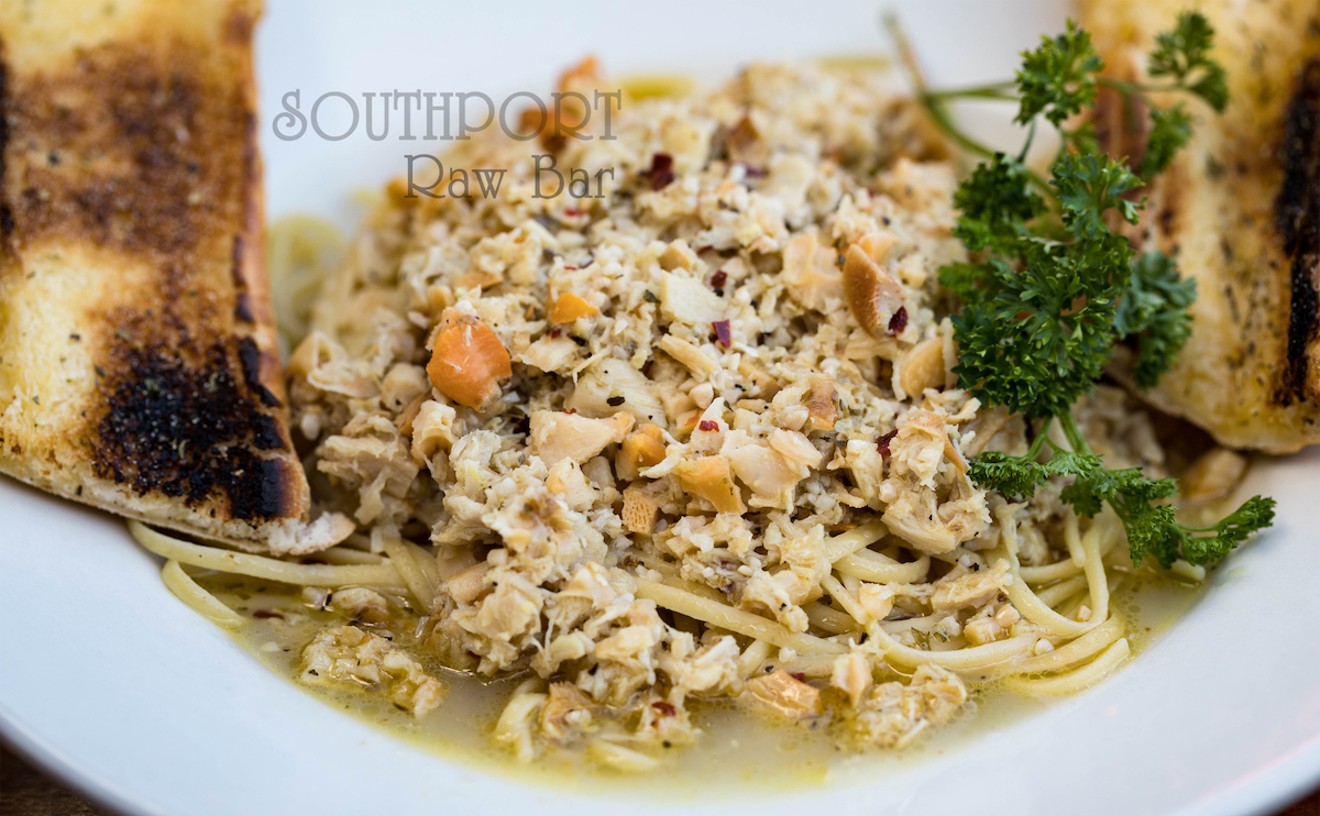Best Inexpensive Italian Restaurant
Papa Pistola's
Best Raw Bar
Southport Raw Bar

- 1536 Cordova Rd., Fort Lauderdale, 33316 Map
- 954-525-2526
- www.southportrawbar.com/
Best Fish Sandwich
Tiki Waterfront Sea Grill

- 200 E. 13th St., Riviera Beach, 33404 Map
- 561-845-5532
Best Jamaican Restaurant
Annie's Fresh Fish and Baked Goods

- 1100 NE Fourth Ave., Fort Lauderdale, 33301 Map
- 954-763-9774
Best Japanese Restaurant for Pyrotechnics
Sakai Japanese Restaurant
Best Sub
Colombino Italian Bakery and Deli
- 4439 Forest Hill Blvd., West Palm Beach, 33406 Map
- 561-642-4544
- colombinobakery.com/
Best Croissant
EuroBread & Café

- 1000 Seminole Dr., Fort Lauderdale, 33304 Map
- 954-568-3876
Best Mexican Restaurant
Silvana
Best Bread
German Bread Haus

When it comes to the staff of life, Europe rocks. If you're looking for something awesome with which to mop up your gravy, go straight to the Italians, the French, and the Germans. While the first two favor a crusty, airy loaf, the German version is typically too heavy to carry one-handed. It's also lugubrious in mood, slightly sour in flavor, and best when heavily buttered -- much, come to think of it, like the national character. Deiter and Norma Dauer, who've owned the German Bread Haus for 20 years -- that tiny gingerbread-looking concoction you've passed a thousand times on Commercial Boulevard -- import some of their flours from Germany and offer several entirely organic loaves studded with seeds and nuts (like their popular Jogger's Loaf, Survival Power, and other multigrains also sold at Whole Foods) in addition to classic German wheat-rye mixes, sourdough, sweet raisin-inflected stuten, Christmas stollen, and a cornucopia of rolls to fill Little Red Ridinghood's basket. They'll let you stand and taste (heavily buttered) samples for as long as it takes you to make up your mind. And by that time, you'll be packing up cherry strudels and bags of ginger and pepper nut cookies too.
- 311 E. Commercial Blvd., Oakland Park, 33334 Map
- 954-491-4464
- www.germanbreadhaus.com
Best Philippine Restaurant
Horizon International

- 1089 SE 17th St. Causeway, Fort Lauderdale, 33316 Map
- 954-523-1603





